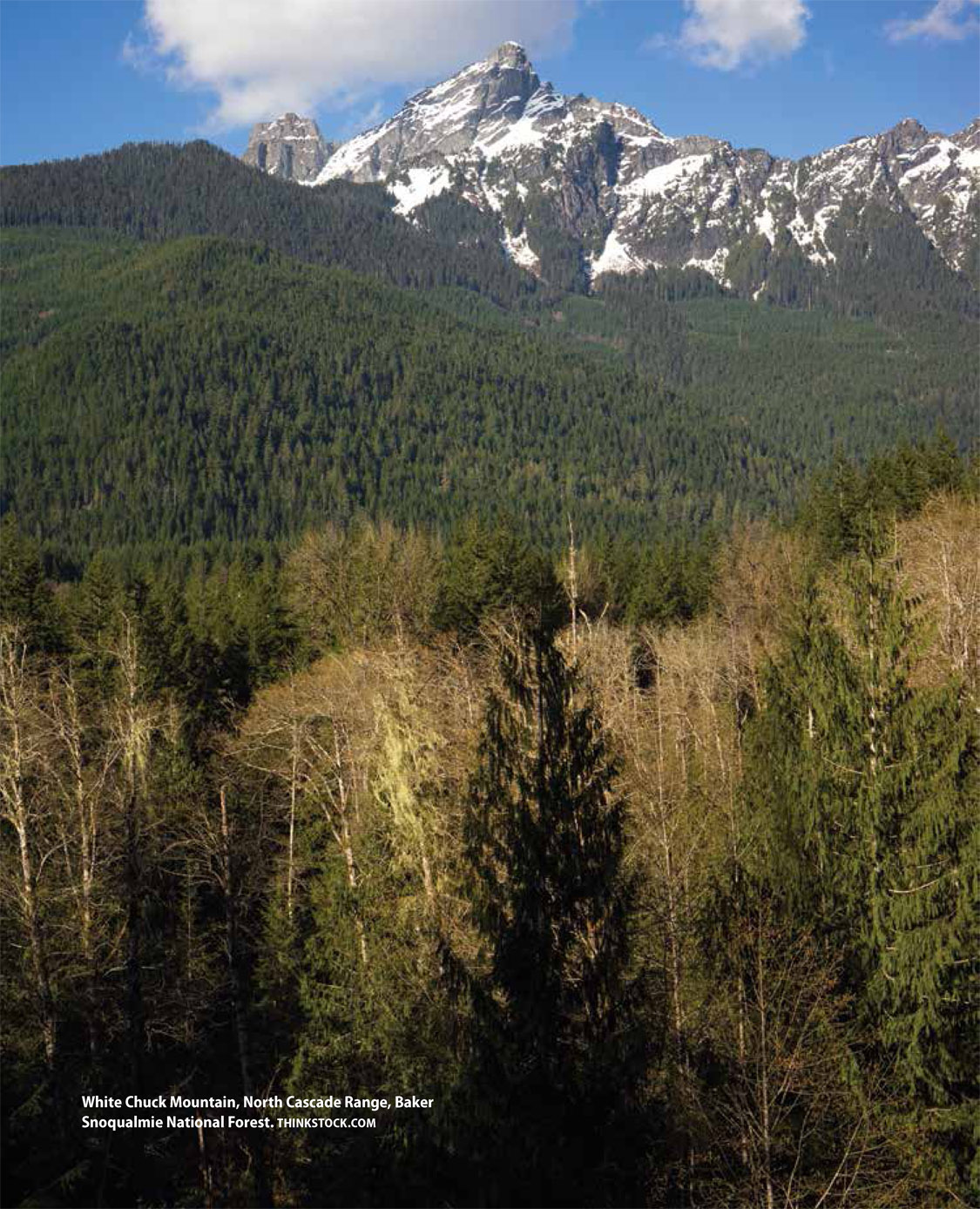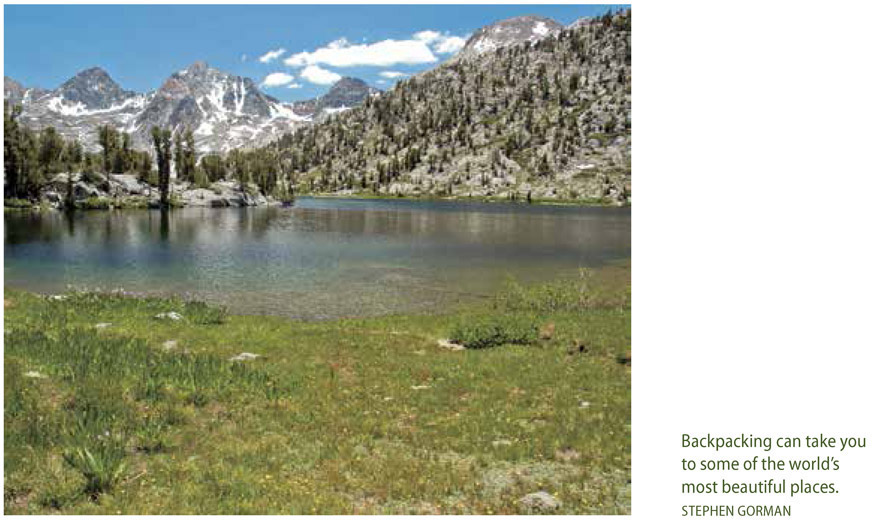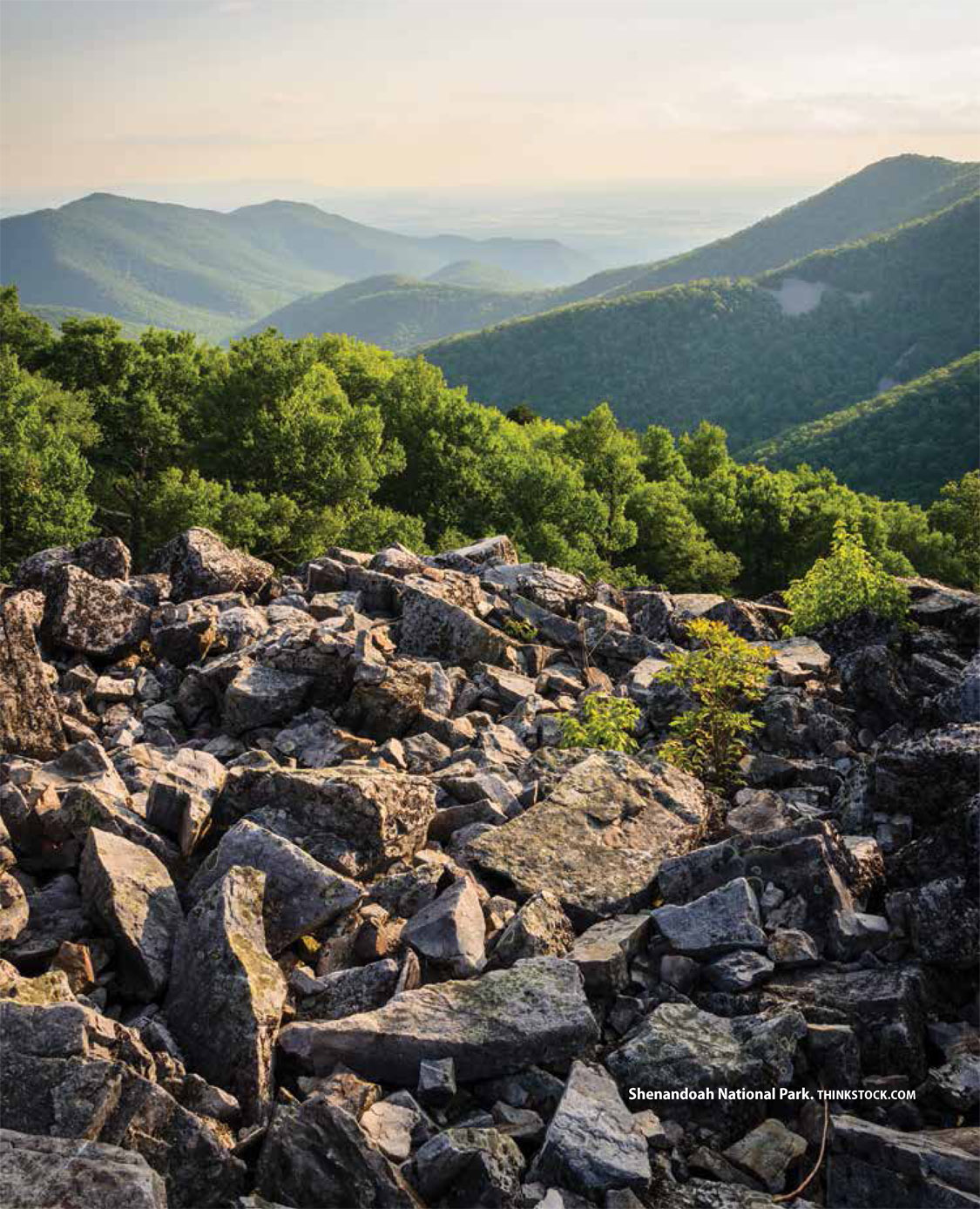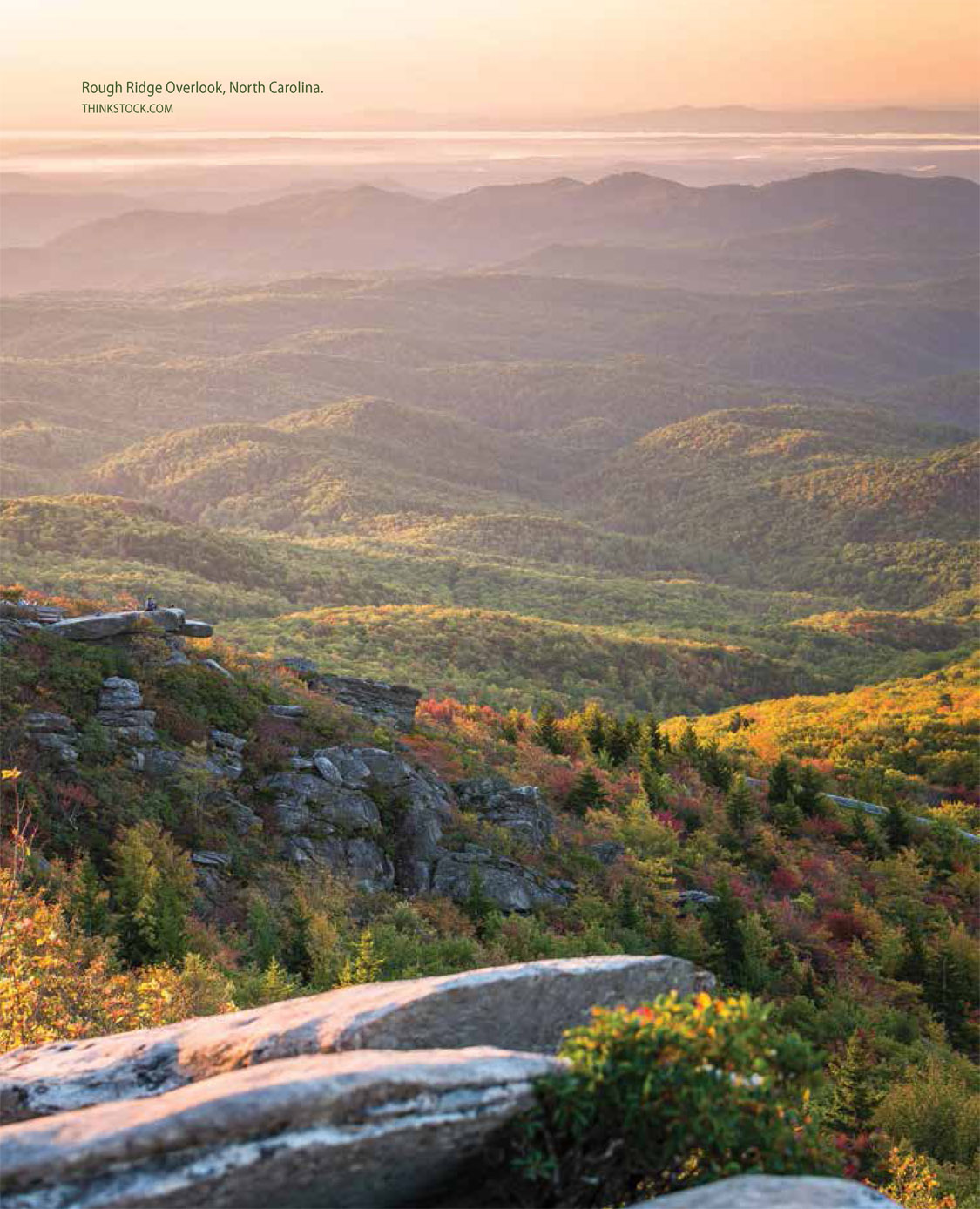An imprint of Globe Pequot
BACKPACKER is a registered trademark of Active Interest Media.
Falcon and FalconGuides are registered trademarks and Make Adventure Your Story is a trademark of Rowman & Littlefield.
Distributed by NATIONAL BOOK NETWORK
Copyright 2017 by Rowman & Littlefield
All rights reserved. No part of this book may be reproduced in any form or by any electronic or mechanical means, including information storage and retrieval systems, without written permission from the publisher, except by a reviewer who may quote passages in a review.
British Library Cataloguing-in-Publication Information available
Library of Congress Cataloging in Publication Data available
ISBN 978-1-4930-2597-8 (paperback)
ISBN 978-1-4930-2598-5 (ebook)
 The paper used in this publication meets the minimum requirements of American National Standard for Information SciencesPermanence of Paper for Printed Library Materials, ANSI/NISO Z39.48-1992.
The paper used in this publication meets the minimum requirements of American National Standard for Information SciencesPermanence of Paper for Printed Library Materials, ANSI/NISO Z39.48-1992.
BACKPACKER magazine and Rowman & Littlefield assume no liability for accidents happening to, or injuries sustained by, readers who engage in the activities described in this book.
PREFACE
A heated house that provides T-shirt weather in winter. A fridge filled with fresh food. A car that can zip you across town to visit a friend. The comforts of modern living are undeniably appealing, and I enjoy them just as much as you. But I learned long ago that theres such a thing as being too comfortable.
It takes a certain kind of person to reject the luxury of modern plumbing, if only for a weekend, and turn back the clock on progress. But thats exactly what were doing when we head into the wilderness with all of our essentials on our backs. Backpackers experience the world the way our ancestors did, with nothing between us and the wild. That means a lot of pretty views, of course, but thats not all. You can see a pretty view by driving to the edge of the Grand Canyon. Its a powerfully different thing to shoulder a pack and hike over the edge.
Traveling into the backcountry sparks something in our DNA thats as old as humankind. And modern science is finding that its good for us to reconnect with it. Researchers have found that backpacking makes you smarter (really), and that time spent in nature has measurable benefits for happiness and health. If backpacking could be packaged and sold in a pill, there would be lines at every pharmacy.
But drug makers wont figure this one out. Instead, the prescription is a pair of boots. Fortunately, theres no better time for this miracle cure. Backpacking gear is better than ever, making the wilderness more accessible than ever.
Does that mean every trip will be easy? No. I wont kid you: Even if you follow every bit of advice in the pages that follow, there will be times when you feel the cold, feel the hard ground, feel real hunger. Even the best stuff cant entirely take the rough out of roughing it. And theres real comfort in that.
Dennis Lewon
BACKPACKER editor-in-chief
INTRODUCTION
Welcome to the golden age of backpacking.
Back in the early 1970s, it was perfectly normal to carry a 60-plus-pound external-frame pack the size of a small refrigerator for a few nights out. If it rained, you pulled on a poncho or, if you were serious, a waterproof cagoule that hung below the knees. In cool weather, backpackers wore scratchy wool everything and protected themselves from wind and snow with a heavy cotton-nylonblend jacket. Feet were shod with heavy leather boots that took months to break in, though it was mostly the feet that ultimately succumbed. It took dozens of stakes to pitch the A-frame tents, and they still elicited little sleep in a storm. Since there werent many options on the market, much of the gear was made at home on a sewing machine.
Nowadays, with a little prudent shopping, it is quite reasonable to carry a svelte 30-pound pack for a multiday hike. The clothing, for good weather and bad, is actually comfortable and performs well when used properly. Even heavy boots are half the weight of yesterdays models and break in faster, while many people dont even need that much protection. Tents set up easily and provide superior protection, even in howling gales.
Backpacking today is easier and more comfortable than ever. Of course the trails are just as steep and the miles just as long, but the new gear truly makes them melt under your feet. If you are of the persuasion that life is too short not to be enjoyed, it is now painless to pack in a gourmet meal, even a fine wine, to remote locations with incredible views. Or you can trim your pack down to the bare necessities for fast and light trips into distant ranges that would require many extra days with old-school technology.
While proper gear selection and usage are vital to a happy backpacking experience, there are also many tricks of the trail that will make your hikes safer and more comfortable. These are most important when venturing outside your home region, where you may be less familiar with environmental hazards.
In this book we will give you an overview of your equipment options in different categories, looking first at basic backpacking gear such as packs, tents, sleeping bags, and accessories. Then we will discuss clothing options for a variety of environmental conditions, followed by chapters on trip planning, hiking techniques, and navigation. Leave No Trace principles, water purification, fires, and camping in bear country are covered in chapter 6. Food packing, meal basics, recipes, stoves, and cook gear are covered in the chapter on camp cooking, followed by chapters on backcountry hazards and weather, backcountry first aid, and outdoor survivaltopics of paramount importance to backpackers.
People go backpacking for many reasons. Some like to get away from the city, others wish to explore or take photographs, and many enjoy it for mental and physical fitness. But the common theme for everyone is having fun. The more pleasurable the experience, the more you will do it. Hopefully you will also share the rewards of wilderness with future generations and embrace the protection of the environment we share.
CHAPTER 1 EQUIPMENT
Perhaps youve heard the expression lighter is better. Thats true to a point, but a more accurate version of the expression would advise lighter is better, but silly light is dumber. Gear enters the domain of silly light when it falls apart, fails to keep you warm and dry, or when a couple of ounces can make a dramatic increase in comfort.


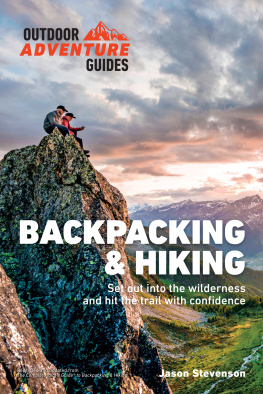
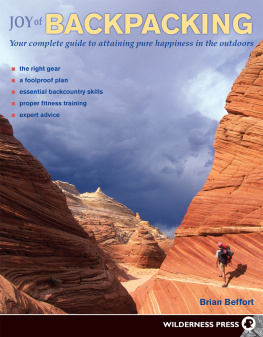
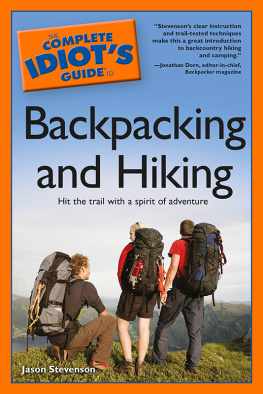
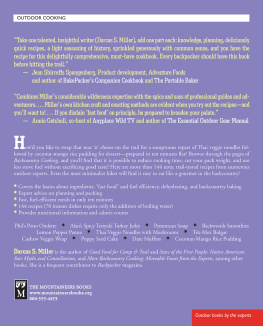
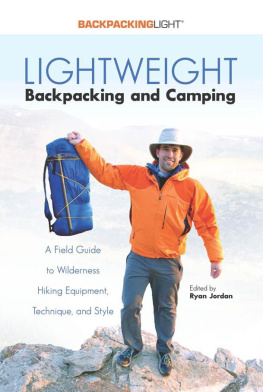
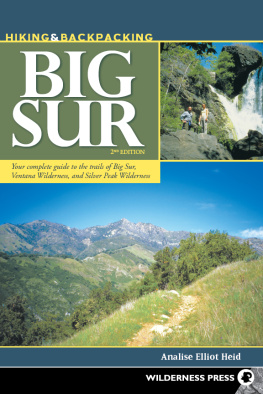

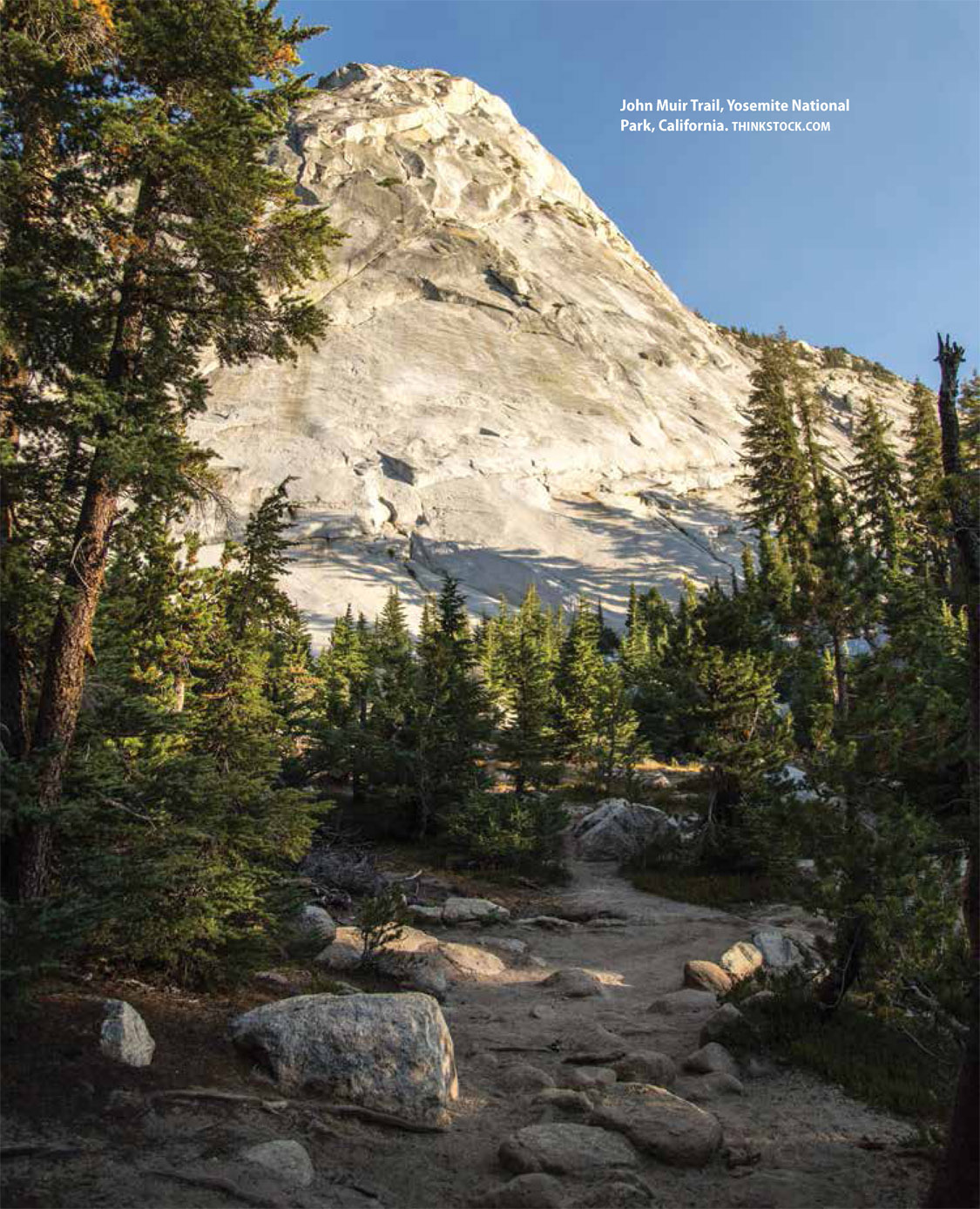


 The paper used in this publication meets the minimum requirements of American National Standard for Information SciencesPermanence of Paper for Printed Library Materials, ANSI/NISO Z39.48-1992.
The paper used in this publication meets the minimum requirements of American National Standard for Information SciencesPermanence of Paper for Printed Library Materials, ANSI/NISO Z39.48-1992.